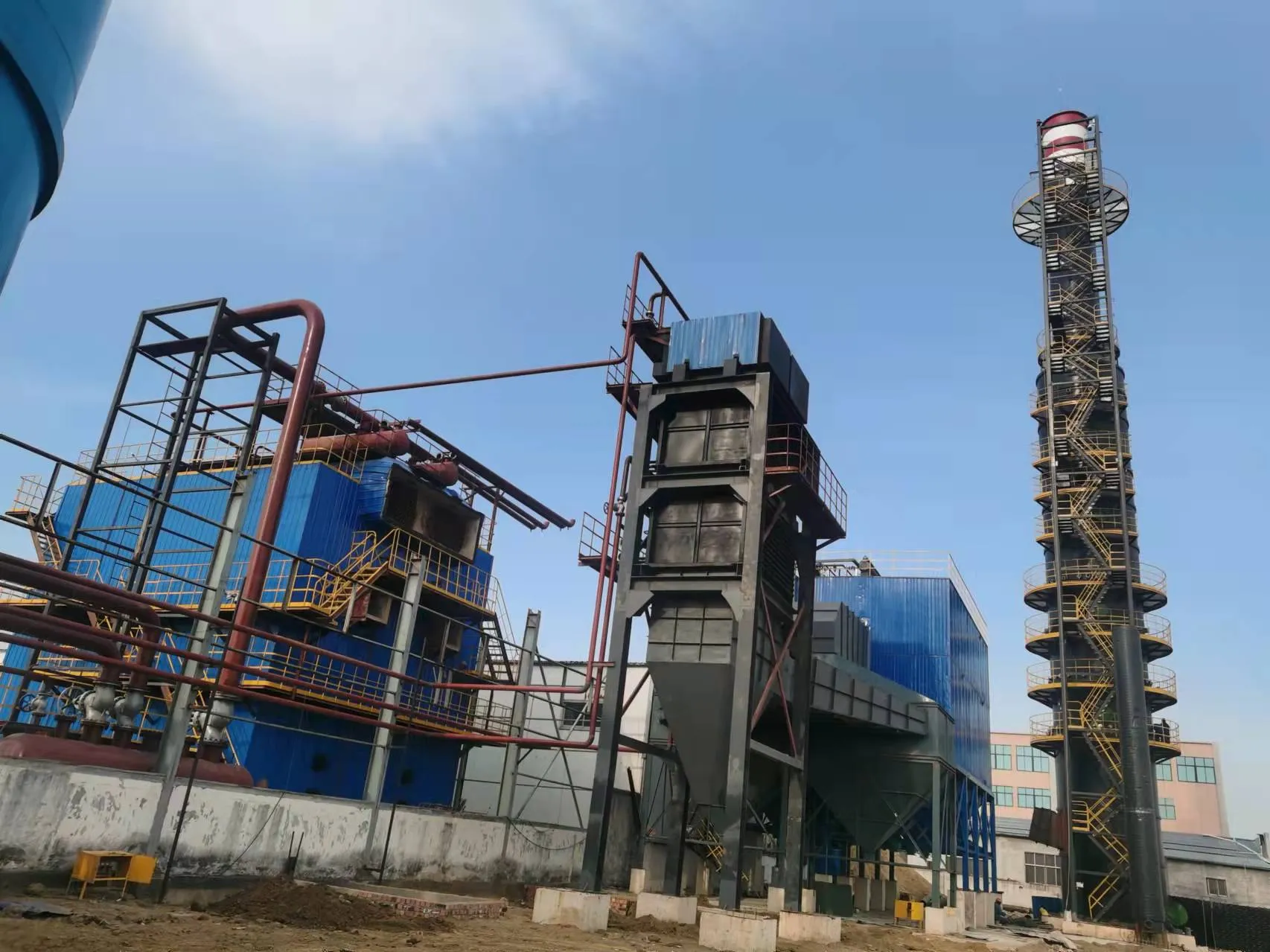
Nov . 20, 2024 10:46 Sanawa dolan
Advantages of a Biomass Fired Steam Boiler
A biomass fired steam boiler is an innovative solution for generating steam while utilizing renewable energy sources. As businesses seek sustainable alternatives to traditional fossil fuels, these boilers are gaining popularity in various industries. The use of biomass, such as wood pellets, agricultural residues, and organic waste, not only reduces carbon emissions but also promotes waste recycling.

One of the primary advantages of a biomass fired steam boiler is its environmental benefits. By utilizing renewable resources, these boilers help decrease reliance on fossil fuels, contributing to a lower carbon footprint. Additionally, they often operate with lower emissions compared to conventional boilers, making them a more environmentally friendly option.
Furthermore, the economic benefits of a biomass fired steam boiler are significant. Many regions offer incentives and subsidies for using renewable energy sources, which can help offset the initial investment costs. Additionally, biomass is often more cost-effective than natural gas or oil, providing long-term savings on fuel expenses.
How Does a Biomass Boiler Work?
Understanding how does a biomass boiler work is essential for anyone considering this sustainable heating solution. At its core, a biomass boiler operates similarly to a traditional boiler but uses organic materials as fuel. The process begins with the combustion of biomass in a furnace, where the fuel is ignited to produce heat.
Once the biomass is burned, the heat generated is transferred to water in the boiler’s heat exchanger. This process converts the water into steam, which can be used for various applications, including space heating, process heating, and power generation. The steam is then distributed through a network of pipes, providing consistent and efficient heat.
One of the key components of how does a biomass boiler work is its ability to automatically feed fuel into the furnace. Most modern biomass boilers come equipped with automated systems that monitor fuel levels and adjust the feed rate accordingly. This ensures a steady supply of heat while minimizing human intervention.
Moreover, many biomass boilers incorporate advanced combustion technology to optimize efficiency. This includes features such as flue gas recirculation and temperature controls, which help maximize energy output and reduce emissions. Understanding these operational elements can assist users in maintaining their biomass boilers for optimal performance.
How Does an Industrial Biomass Boiler Work?
When it comes to larger operations, understanding how does an industrial biomass boiler work is crucial. These boilers are designed to meet the significant steam demands of various industries, including manufacturing, food processing, and energy production. The operational principles remain similar to smaller biomass boilers but are scaled up to handle higher capacities.
An industrial biomass boiler begins with the combustion of biomass in a large furnace designed to accommodate substantial amounts of fuel. As with smaller systems, the heat produced is transferred to water, generating steam. However, industrial systems often utilize multi-stage heat exchangers to enhance efficiency and maximize steam output.
The design of an industrial biomass boiler also incorporates advanced monitoring systems. These systems track fuel consumption, temperature, and pressure, allowing operators to maintain optimal performance and ensure safety. By employing automated controls, these boilers can adjust to changing demands, providing a reliable and efficient energy source for large-scale operations.
Another critical aspect of how does an industrial biomass boiler work is its ability to handle various types of biomass fuel. This flexibility allows industries to utilize locally available resources, reducing transportation costs and supporting local economies. By leveraging a diverse range of biomass inputs, industrial boilers can maintain continuous operation while optimizing fuel efficiency.
Ensuring Efficiency and Sustainability with Biomass
To maximize the benefits of a biomass fired steam boiler, it’s essential to focus on efficiency and sustainability. Regular maintenance plays a critical role in ensuring optimal performance and longevity. Scheduled inspections and cleaning can help prevent issues such as soot buildup and ash accumulation, which can impede efficiency and increase emissions.
Moreover, monitoring emissions and implementing emission control technologies can further enhance the sustainability of a biomass fired steam boiler. This may include systems like electrostatic precipitators or scrubbers that reduce particulate matter and other pollutants released into the atmosphere. By adopting best practices, businesses can ensure compliance with environmental regulations while contributing to a greener future.
Embracing Biomass as a Sustainable Energy Source
In conclusion, a biomass fired steam boiler presents a sustainable and efficient alternative for businesses looking to reduce their environmental impact. Understanding how does a biomass boiler work and the specific operational principles of how does an industrial biomass boiler work is essential for maximizing the benefits of this technology.
-
Types of coal fired steam boiler: Efficient & Low Emissions
HabarlarNov.17,2025
-
Types of Coal Fired Steam Boiler | Efficient & Reliable
HabarlarNov.17,2025
-
Reliable Steam Boiler Supplier for Industrial Solutions
HabarlarNov.17,2025
-
Coal Fired Hot Water Boiler | High Efficiency & Durable
HabarlarNov.17,2025
-
Reliable Industrial Steam Boiler Manufacturers for Efficient Operations
HabarlarNov.17,2025
-
Commercial Steam Boilers for Sale - Efficient, Gas & Oil
HabarlarNov.17,2025
Baglanyşykly ÖNÜMLER






















